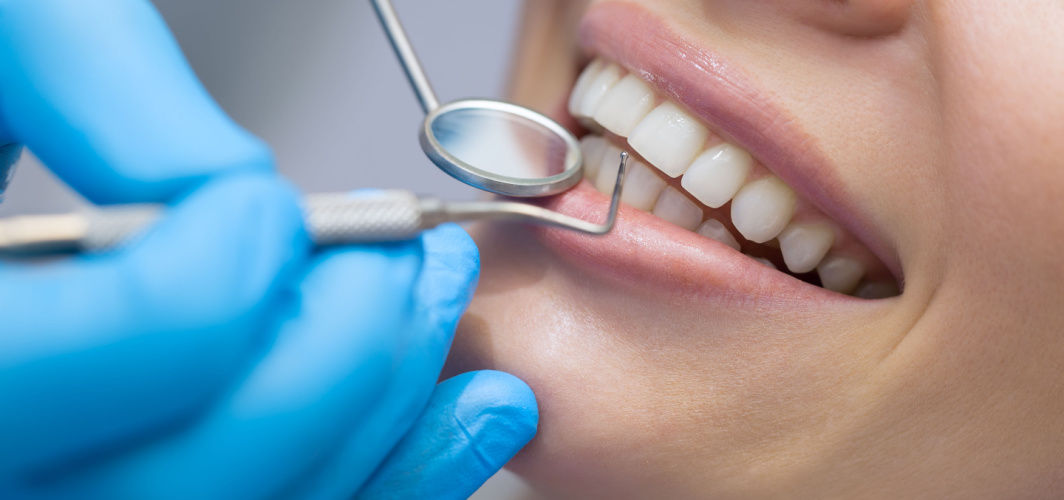Diabetes Management
Consequences of Skipping Meals for Type 2 Diabetics
2 min read
By Apollo 24|7, Published on - 19 June 2024
Share this article
0
0 like
.jpg?tr=q-80)
Living with type 2 diabetes requires striking a suitable balance between medication, physical activity, and diet. Regular meal patterns play a crucial role in maintaining stable blood sugar levels. But what if a meal gets skipped? Let's delve into this to understand how serious the consequences can be of skipping a meal.
Effects of Skipping Meals
Skipping meals for an individual with type 2 diabetes is like playing Russian roulette with their blood sugar levels, potentially causing hypoglycemia or hyperglycemia—both of which have severe health implications. Symptoms can include fatigue, confusion, increased thirst, frequent urination, hunger, shakiness, sweating, dizziness, sleepiness, difficulty speaking, anxiety, and weakness. Consistently missing meals can also lead to inadequate nutrient intake, malnutrition, unintended weight loss, a weakened immune system, and a higher risk of infections. If you notice symptoms of low blood sugar, it's crucial to check your levels immediately.
Effects on General Well-being
Skipping meals can result in fatigue and irritability due to fluctuating blood sugar and a lack of energy from not consuming food. This can also lead to binge eating later in the day, causing a significant spike in blood sugar levels. Additionally, some diabetes medications need to be consumed after food to function correctly and prevent gastrointestinal side effects.
Staying Ahead of the Curve
To prevent such health concerns, individuals with type 2 diabetes must consume regular meals and snacks throughout the day, thus keeping their blood sugar levels stable. If skipping meals becomes unavoidable due to unforeseen circumstances, medication adjustments under a doctor's supervision become necessary. Monitoring blood sugar levels more frequently during such times is also advised.
Taking the initiative in managing your diabetes journey can be empowering. The Apollo Super 6 programme is designed specifically for this purpose. It helps you navigate the ups and downs of living with type 2 diabetes in an informed and supported manner. Consider enrolling in this programme to empower yourself with the knowledge and tools to manage and reverse diabetes.
Diabetes Management
Consult Top Diabetologists
View AllLeave Comment
Recommended for you

Diabetes Management
Can Diabetes Impact Dental Health?
Diabetes affects dental health, fostering gum disease, tooth decay, and dry mouth due to elevated blood sugar levels. Managing it entails consistent blood sugar control and proper oral hygiene. Regular dental checkups and early intervention are vital. Preventive measures like glycemic control and stress management help protect oral health effectively.
.jpg?tr=q-80)
Diabetes Management
Decoding the Importance of Fats in a Diabetes-Friendly Diet
A diabetes-friendly diet relies heavily on the type of fats consumed. By adding monounsaturated fats (Oils from olives, peanuts, canola seeds, Pumpkin seeds, Sesame seeds, Avocadoes, Almonds, etc.) and polyunsaturated fats (Walnuts, Sunflower seeds, Flax seeds or flax oil, Fish, Corn oil, etc.), while limiting saturated and trans fats, you can improve your health. The inclusion of fats in a balanced manner can also help stabilize blood sugar levels, making it an essential part of your diabetes management journey.
.jpg?tr=q-80)
Diabetes Management
A Diabetic-Friendly Snack Which You Can Easily Carry With You?
Managing diabetes doesn't mean you must forgo tasty snacks. There are numerous diabetic-friendly snacks available, full of flavour yet low in glycemic index. Healthy snacking can help regulate your blood sugar levels throughout the day. From nuts and seeds to fruits and smoothies, the list is long and diverse. The best snacks for diabetics are not only healthy but also easy to carry wherever you go. And remember, always consult your doctor before making any changes to your diet.
Subscribe
Sign up for our free Health Library Daily Newsletter
Get doctor-approved health tips, news, and more.
Visual Stories

8 Fruits That are Incredibly Healthy for Diabetes
Tap to continue exploring
Recommended for you

Diabetes Management
Can Diabetes Impact Dental Health?
Diabetes affects dental health, fostering gum disease, tooth decay, and dry mouth due to elevated blood sugar levels. Managing it entails consistent blood sugar control and proper oral hygiene. Regular dental checkups and early intervention are vital. Preventive measures like glycemic control and stress management help protect oral health effectively.
.jpg?tr=q-80)
Diabetes Management
Decoding the Importance of Fats in a Diabetes-Friendly Diet
A diabetes-friendly diet relies heavily on the type of fats consumed. By adding monounsaturated fats (Oils from olives, peanuts, canola seeds, Pumpkin seeds, Sesame seeds, Avocadoes, Almonds, etc.) and polyunsaturated fats (Walnuts, Sunflower seeds, Flax seeds or flax oil, Fish, Corn oil, etc.), while limiting saturated and trans fats, you can improve your health. The inclusion of fats in a balanced manner can also help stabilize blood sugar levels, making it an essential part of your diabetes management journey.
.jpg?tr=q-80)
Diabetes Management
A Diabetic-Friendly Snack Which You Can Easily Carry With You?
Managing diabetes doesn't mean you must forgo tasty snacks. There are numerous diabetic-friendly snacks available, full of flavour yet low in glycemic index. Healthy snacking can help regulate your blood sugar levels throughout the day. From nuts and seeds to fruits and smoothies, the list is long and diverse. The best snacks for diabetics are not only healthy but also easy to carry wherever you go. And remember, always consult your doctor before making any changes to your diet.
